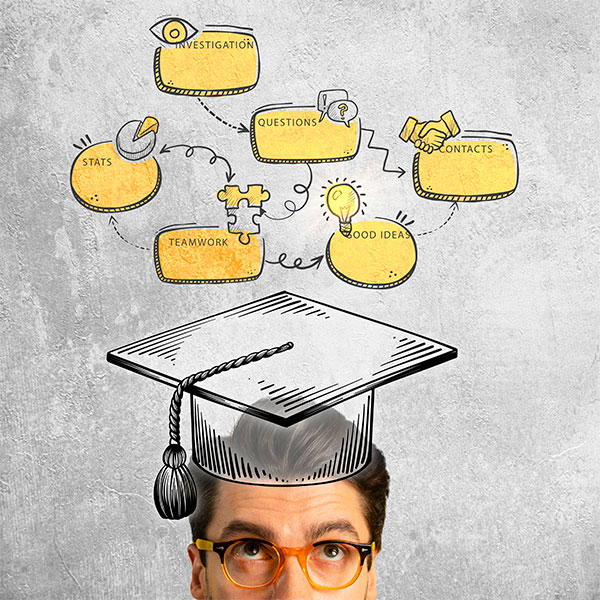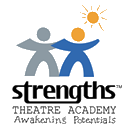Learning and continuous education are crucial for kids as they lay the foundation for their development, growth, and future success. Education provides children with the necessary knowledge, skills, and abilities to navigate the complexities of the modern world. It helps children acquire fundamental academic knowledge, such as reading, writing, and mathematics, which form the building blocks for future learning. These skills are essential for their educational journey and enable them to engage with various subjects and disciplines.
Continuous education fosters curiosity, critical thinking, and problem-solving abilities in children. It encourages them to explore different ideas, question assumptions, and develop their perspectives. This not only enhances their cognitive abilities but also enables them to approach challenges with creativity and innovation. Moreover, learning and continuous education provide children with opportunities to develop important social and emotional skills. Through collaborative projects, group discussions, and interactions with peers and teachers, children learn how to communicate effectively, work in teams, manage conflicts, and develop empathy and understanding toward others.
Learning and continuous education are vital for children as they provide essential academic knowledge, foster critical thinking and problem-solving skills, develop social and emotional abilities, cultivate discipline and organizational skills, nurture physical and creative talents, and open doors for future opportunities. Prioritizing and investing in the education of children lays the groundwork for their personal growth, prepares them for the challenges they will face, and empowers them to become successful and contributing members of society.
Visit: importance of extracurricular activities
Learning Marathon: Overcoming Hurdles in Continuous Education

- Acquisition of Essential Knowledge and Skills: Learning and continuous education provide children with a strong foundation of essential knowledge and skills. Academic subjects like mathematics, language arts, and sciences equip children with a solid understanding of fundamental concepts. This knowledge lays the groundwork for future learning and helps children comprehend the world around them.
Visit: tips for career development plan
2. Critical Thinking and Problem-Solving Abilities: Continuous education encourages children to develop critical thinking skills and problem-solving abilities. Through engaging lessons, interactive activities, and challenging assignments, children learn to analyze information, evaluate different perspectives, and find innovative solutions. These skills are essential for them to navigate complex issues and make informed decisions throughout their lives.
3. Emotional Intelligence and Interpersonal Skills: Personality development extends beyond academic achievements and encompasses emotional intelligence and interpersonal skills. The best personality development school prioritizes creating a nurturing environment where children learn how to identify and regulate their emotions, empathize with others, and develop strong interpersonal skills like effective communication, teamwork, and conflict resolution.
